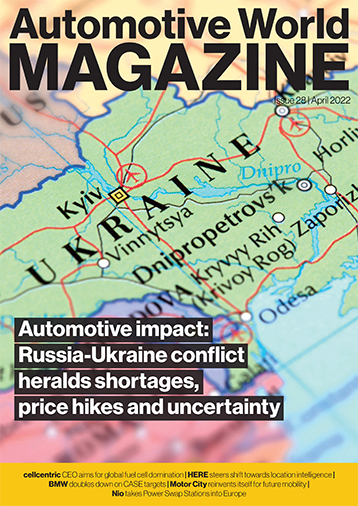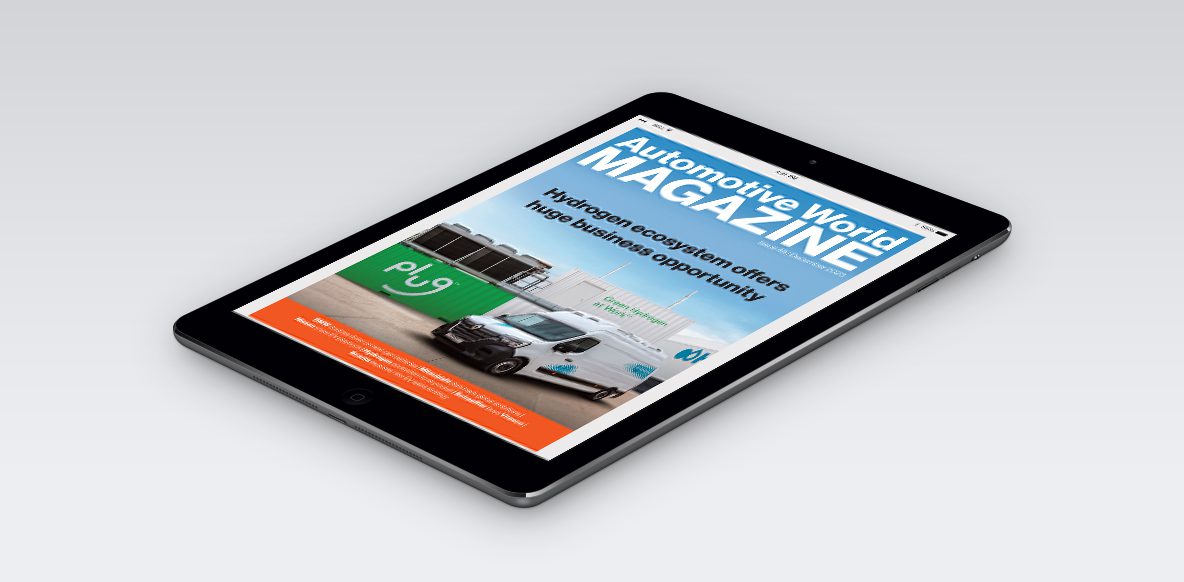Mobility players have been talking about ‘unprecedented change’ for the past few years, and with developments taking place around connected, autonomous, shared and electric (CASE) vehicles they were absolutely right to. Then came the Russia-Ukraine conflict and showed everyone just how good they had it. Yes, supply chains were constrained and there were always periods of volatility, but the scope and scale of the potential disruption from this current unrest puts things on a whole new level. The reliance of other global markets on raw materials, components, gas, oil and more from Russia and Ukraine means nobody is immune. This month we take a look at some of the key areas of concern and how they could play out.
Nobody, though, is taking their eye off the target of CASE mobility. We hear from the CEOs of location data pioneer HERE Technologies and fuel cell trucking specialist cellcentric, as well as management at BMW, Nio and others, about the relentless pursuit of a cleaner, more connected and informed mobility ecosystem.
In this issue:
- Automotive impact: Russia-Ukraine conflict heralds shortages, price hikes and uncertainty
- Mobility location data evolving towards spatial intelligence
- Where does Motor City fit in future mobility?
- Daimler-Volvo JV targets global fuel cell domination
- C-V2X is primed to reshape road safety
- Western OEMs to boost Chinese presence
- Does the Supertruck II present a viable future for the freight industry?
- Intelligent energy management to rewrite EV expectations
- Will the car serve as a payment portal for subscription services?
- BrightDrop: the ‘real value’ is not so much the EVs but the ecosystem
- Qualcomm’s MWC announcements underline automotive intent
- BMW reiterates CASE goals amid volatile waters
- Nio’s Power Swap Stations are an evolutionary step for mass-market EVs
- Fuel cell trucks move from concept to customer trials



